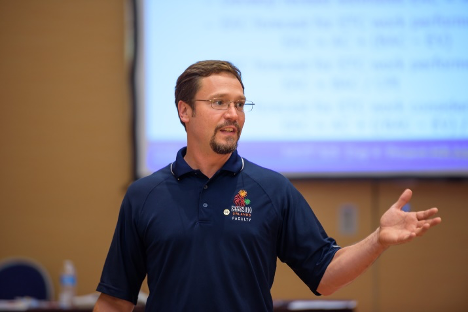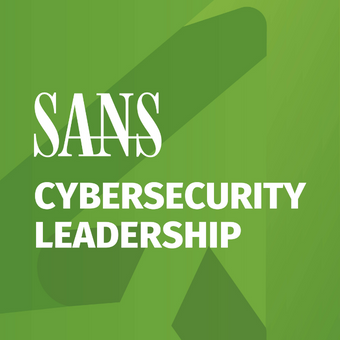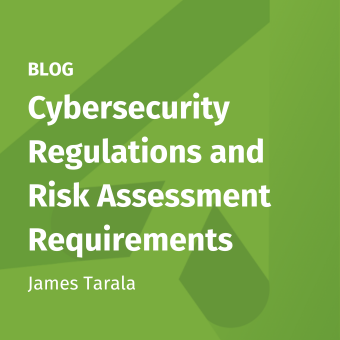Tags:
In our current fast-paced environment I see numerous new projects and proposals being started, while some of the unfinished pre-COVID initiatives are left behind. It is time to reassess in-progress work and be able to report status accurately. In MGT525 class we talk about a commonly referenced framework originally published in 1965 by Dr. Bruce Tuckman, an Ohio State University psychologist. The ‘Tuckman’s Stages of Group Development’ lay out some common characteristics of team development and can aid in how we set up and manage project teams. As an example, the best time to lay down team ground rules is right off the bat when the team is forming. That may seem pretty straight forward, sure. One thing that I like to do with project teams (and for that matter operations teams, departmental, or any teams) is establish status and measurement expectations right away. Something that we stress in MGT525 class and that is critically important for me personally is the concept of a ‘culture of closure’. Rather than reward team members who start the most projects activities, it is more important to recognize those who actually get things completed. Although it can seem over the top, tracking action item completion status by setting reminders to follow up with people is a great way to establish the culture of closure right off the bat. We only know what we measure…
Following along this culture of closure and enforcing regular status checks is a straight-forward but very powerful tool. This guards against being blindsided by important activities which are starting to slip. Establishing clear and achievable outcomes and deadlines is certainly the responsibility of a leader. However, there is significant shared responsibility with the team to set status milestones, and actually see things through to completion. This brings us back to the team ground rules concept. If everyone knows what is expected of them up front, and everyone knows we will be checking in lets say, every week of a 6 week deadline, or every day of a week long deadline, then it reinforces this closure concept from the get go. Part of the power in this is getting the right level of granularity. The more granular my check points, the more opportunities I have to help solve issues. In this case by ‘help’ I mean that if I have set things up correctly, my main value add is to unblock obstacles when they come up.
Another thing that ties in with establishing a culture of closure, is that regular status updates and documented measurement of progress help to reinforce the concept of not letting the work we need to get done expand to fill all the time you have available. This concept was introduced as Parkinson's Law in the Fred Brooks 1975 book The Mythical Man-Month. " Parkinson's Law: work expands so as to fill the time available for its completion." In real life I see this happen frequently, in both work and home situations. If something is going to take me one day to get done, I can complete it in a day. If I set aside four days to get it done, it usually ends up taking me four days.
So, by starting with the end in mind and setting up a ‘culture of closure’ via ground rules in teams we are involved with, we can avoid one common issue of work expanding to fill the time we have to get it done, or said another way, we want to avoid people always being busy but not actually getting critical activities completed.
MGT525: IT Project Management, Effective Communication, and PMP® Exam Prep has a strong focus on effective communication, risk analysis and risk management.
SANS is offering MGT525 Live Online June 1st – 12th. The live virtual classroom will run M-F from 6 – 10 pm ET. By investing a few hours each evening over a two-week period, you will walk away with tools and techniques that can be applied immediately to increase your chances of success on current initiatives. https://www.sans.org/vlive/details/mgt525-jun-2020-staff

Jeff Frisk has served as the director of the GIAC certification program since 2006 and is a member of the SANS Technology Institute Curriculum Committee. Jeff holds the PMP certification from the Project Management Institute and GIAC GSEC, and GSLC credentials. He is a certified SANS instructor and course author for MGT525. He has worked on many projects for SANS and GIAC over the past 15 years, including courseware, certification, and exam development. Jeff has an engineering degree from The Rochester Institute of Technology and more than 20 years of international IT project management experience with computer systems, high tech consumer products, and business development initiatives.
Here is What Students Say About Jeff Frisk:
" Jeff is an awesome instructor. He expresses ideas clearly with real life and business examples. " - Miguel Vargas, FedEx
"Jeff is a rock star. Always on message and very entertaining. Kept me engaged." - Austin Pearson, U.S. Army
"Jeff is a wonderful teacher. He engages his students and understands the topic deeply." - Michael Carter, LDS





